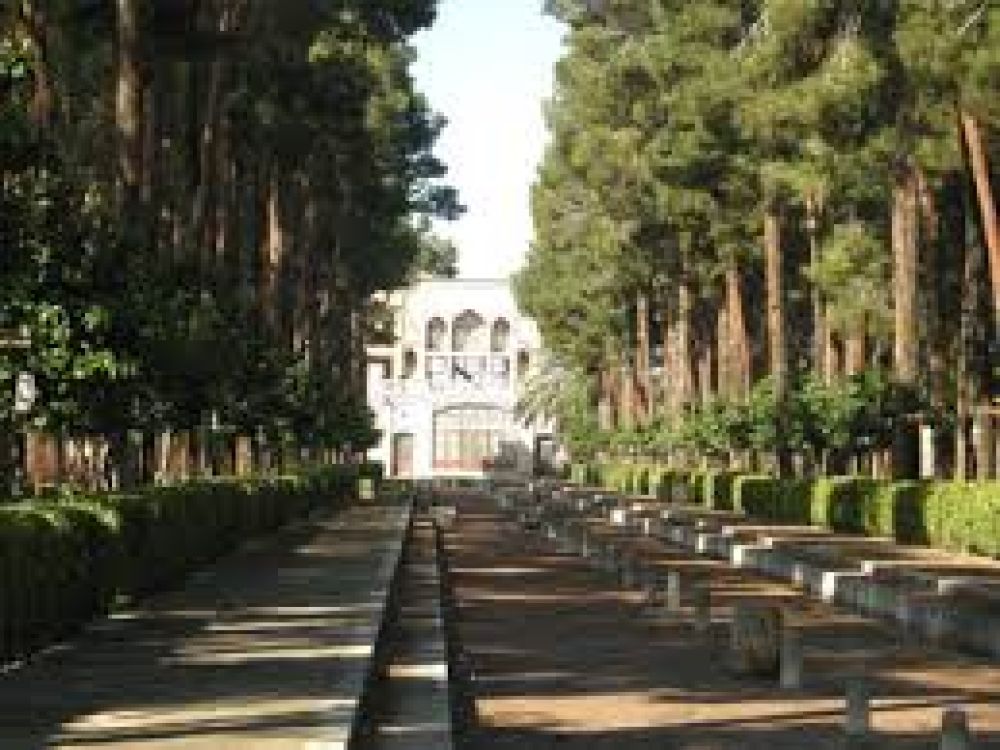

Bagh-e Khan Garden, situated in the heart of Yazd, Iran, is a testament to the ingenuity of Persian garden design. Persian gardens are known for their beautiful and smart designs, which are intended to symbolize the paradise on Earth. The foundations of Bagh-e Khan are believed to date back to the Qajar Dynasty, when affluent families sought to manifest their wealth and position through the construction of lavish gardens. Over time, these gardens became not only a retreat from the arid climate but also cultural hubs that have contributed significantly to Iranian culture and aesthetics.
Tourism in the Bagh-e Khan Garden and throughout Yazd has been on a transformative journey, especially after the city was listed as a UNESCO World Heritage Site in 2017. There has been an increasing emphasis on promoting sustainable tourism practices to preserve the unique desert architecture and delicate ecosystems of the gardens. Travelers from all around the world now seek the authentic Persian experience that places like the Bagh-e Khan can offer.
The latest trend in tourism at Bagh-e Khan Garden focuses on cultural immersion. Visitors are drawn to the garden's serene environment, perfect for experiencing the traditional Persian lifestyle. Activities such as enjoying a cup of tea by the central pool, engaging with local craftspeople, and exploring the intricate pathways of the garden are highly sought-after. Additionally, the growing interest in photography tourism due to the garden's aesthetic features has been noted, seeing many enthusiasts arriving in Yazd to capture the beauty of this historical site.
The future of tourism in Bagh-e Khan Garden appears to be moving towards further integration of technological advancements into the visitor experience. There is potential for the use of augmented reality (AR) to tell the story of the garden's history in a more engaging way or virtual tours that can showcase the garden to those unable to visit in person. Furthermore, the focus on community-based tourism will ensure that the benefits of tourism extend to the local population, safeguarding both the cultural heritage of the garden and the welfare of the Yazdi people.